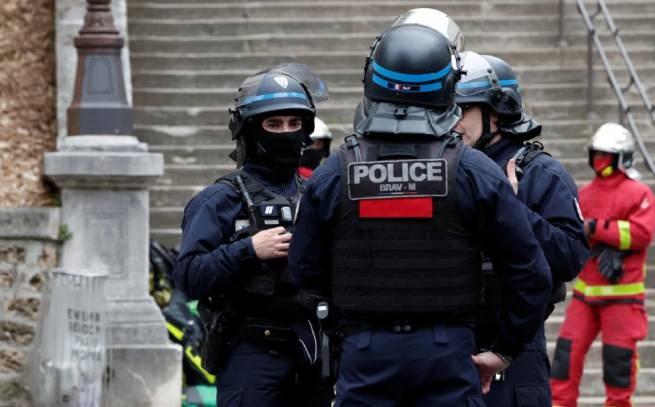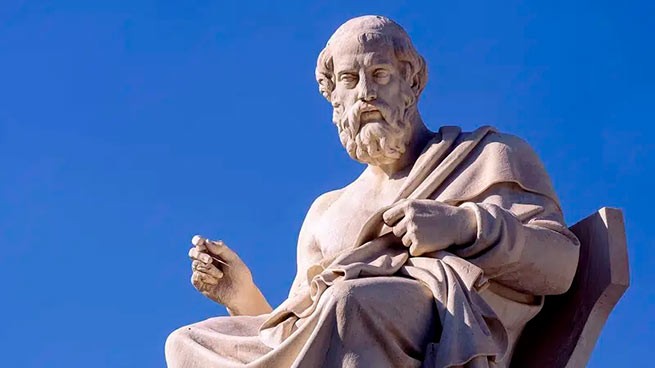Greece has some of the highest prices for 95 petrol and electricity in all of Europe, while the country has one of the lowest wages in EU.
According to data released by the Tax Foundation, the high price of fuel is due to the fact that Greece has the fourth largest tax on gasoline consumption in the European Union. On top of that, the highest VAT is 24%!
At the same time, expensive electricity is associated with the government’s decision to put the country on “right side of history” in relation to Russia, helping with the introduction anti-Russian sanctions to increase the price of Russian gas at a time when the country risks running out of fuel before winter arrives.
For automotive fuels, the government refuses to proceed with a temporary “freeze” or reduction of excises, as happened recently in Germany.
The inhabitants of Greece, as usual, were left with nothing
The government says that due to high taxes, it will provide citizens with “aid” and benefits, such as a surcharge on fuel … in the amount of a ridiculous 65 euros, while monthly bills ΔΕΗ are 500 euros or more. Benefits, of course, are paid out of the pockets of taxpayers. In practice, it turns out that the authorities take 100 euros and return 10, and citizens must say in response “oh i’m happy thanks to the government‘ so as not to be ungrateful.
According to the Tax Fund, the commission requires EU countries to introduce a minimum excise tax of 0.36 euros per liter of gasoline. However, only Bulgaria, Hungary and Poland comply with the minimum fuel tax rate. In Greece, the excise tax on gasoline is almost 0.71 euros per liter and is one of the highest in Europe, while it is also burdened, as we said, by the highest VAT of about 24%.
This means that out of an average price of 2.268 euros for unleaded petrol with an octane rating of 95, taxes amount to 1.1581 euros and come mainly from excises and VAT.
Even if the government decides to abolish VAT and excises, the price of gasoline at a gas station from 2.338 euros/litre, which is the average price, will “drop” to about 1.10 euros/litre. The rest of the price corresponds to the fees (the compensation fee of the RAE, the fee for the account of special products, the special fee for the right to carry out customs work), the price of the refinery and the profit margin of trading companies and owners of gas stations.
The situation with energy prices has reached an impasse
Regarding electricity. In the first quarter of the year, the wholesale electricity price increased by 343%, which is almost 3.5 times higher than in the corresponding quarter of 2021. The price of electricity for the population over the same period jumped by 111%, which put our country in third place. However, it ranks first in the EU in terms of supply prices to businesses, with an increase of 242%.
In Greece, the average wholesale price for the quarter was €237.8/MWh, followed by Italy (€248.8/MWh) and Malta (€239.2/MWh). In terms of retail electricity prices for households, Greece shows the largest increase (111%) in the first quarter and is in third place after the Netherlands and Spain.
We all remember how they made those outrageous electricity price hikes with the notorious indexation clause. In short, it turns out that the government bears a huge responsibility for the impoverishment of Greek households and even tries to deceive them with a subsidy policy.
And one more thing… When the authorities start talking about preferential policies, it means that the situation has reached a dead end for a long time.







More Stories
MP beat up his colleague in the Greek Parliament
EU Commission warns Greece and Cyprus against fraud
Greece rejected "human rights report" US State Department, blaming NGOs for this